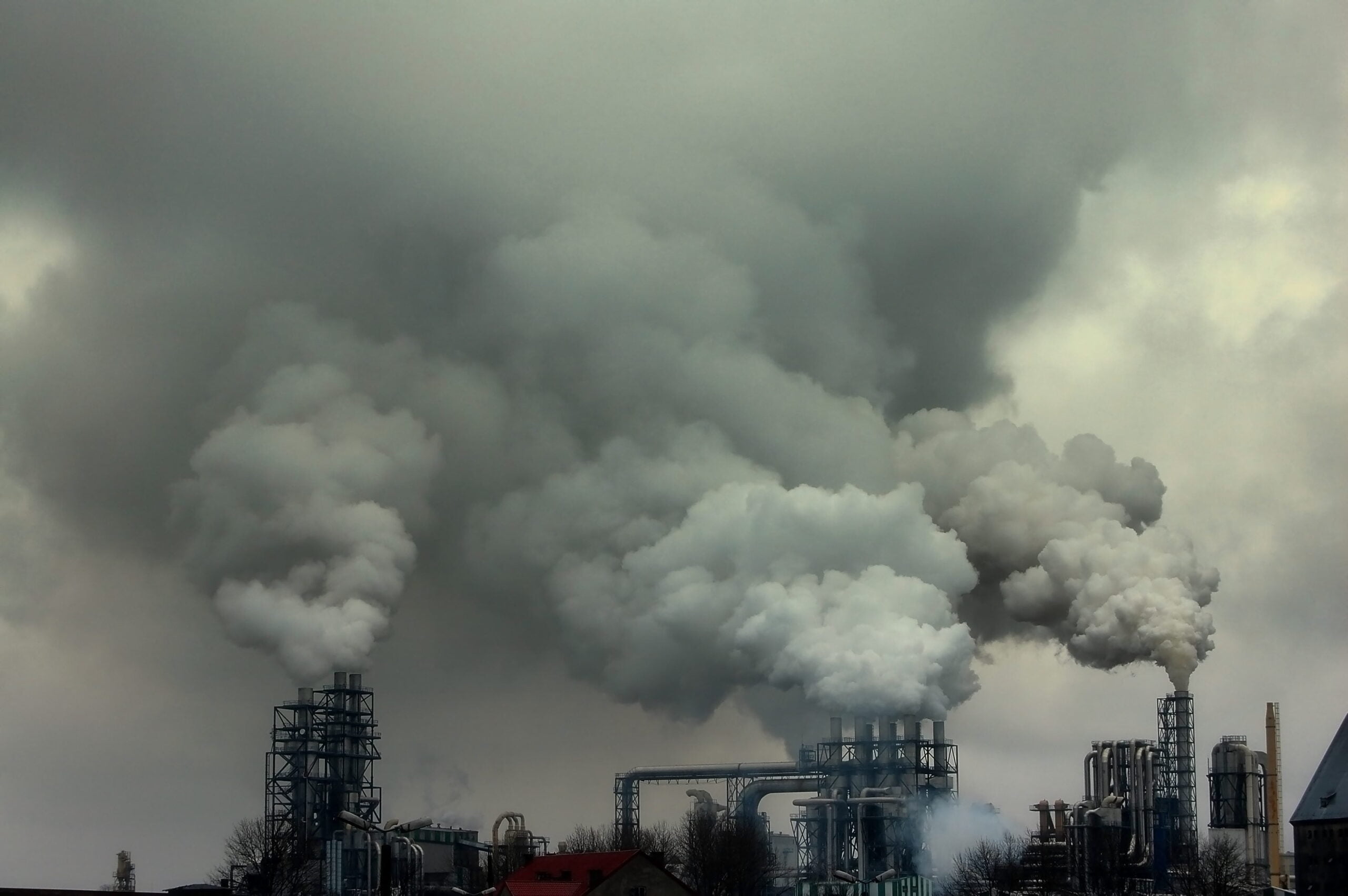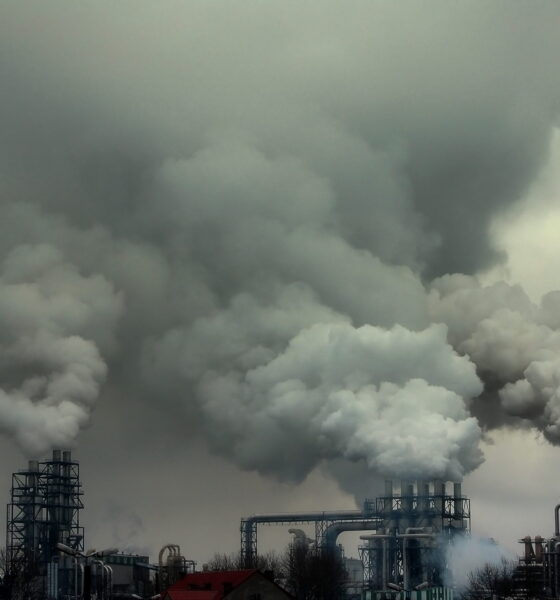

Environment
World on track to use up entire 21st century carbon budget by 2034
The world is on track to use up its carbon budget for the rest of the century – which researchers say must not be exceeded if global warming is to be kept to less than 2C – within the next 21 years, according to new analysis.
The Low Carbon Economy Index 2013, by accountancy firm PricewaterhouseCoopers (PwC), shows that we are currently on a path that will lead to warming of around 4C by 2100, according to the predictions of the Intergovernmental Panel on Climate Change (IPCC).
The IPCC’s recent review of climate science warned that the world could emit no more than 270 gigatonnes of carbon (GtC) before the end of the century, in order to limit global surface temperature rises to 1.6C. The Low Carbon Economy Index predicts that on its current trajectory, the world will use this budget by 2034.
The IPCC labelled 2C of global warming as the threshold above which climate change could seriously damage the environment.
The report calculates that to maintain economic growth without exceeding this threshold, the G20 needs to reduce its carbon intensity by 6% per year. However, PwC’s four previous annual reports show that G20 decarbonisation has only averaged 0.7% per year.
Jonathan Grant, director of sustainability and climate change at PwC, explained the unprecedented size of the challenge.
“To achieve what the IPCC deems the ‘safe’ amounts of carbon in the atmosphere to limit the extreme impacts of climate change, would require halving carbon intensity within the next ten years, and reducing it to one-tenth of today’s levels by 2050”, he said.
“By 2100, the global energy system would need to be virtually zero-carbon.”
Grant added that to achieve this, much of our untouched fossil fuel reserves must stay in the ground.
“The results raise real questions about the viability of our vast fossil fuel reserves, and the way we power our economy.
“The 2C carbon budget is simply not big enough to cope with the unmitigated exploitation of these reserves.”
Analysis by the environmental charity Friends of the Earth, published in October, warned of the need for new strategies that help reduce carbon emissions whilst attending to the UK’s energy needs.
It said, “The UK plans on producing far more than a reasonable share of the world’s burnable carbon. Shale gas is just adding to a huge unburnable carbon problem.”
PwC also argues that these findings mean investors must begin to factor the urgent necessity of decarbonisation into their decision-making.
“The CEOs of global corporations typically don’t focus on one IPCC climate scenario or another. They comment that their top issues are growth, costs, resilience and reputation – climate change will impact each of these”, the report says.
“Active management of climate change is now a necessary component of continued viability and success, and business transformation lies at the core.”
In a Wall Street Journal article published last week, Al Gore and David Blood warned of a “coming carbon asset bubble”, arguing that ditching carbon can also provide investors with “opportunities for superior investment returns”
Further reading:
Al Gore: world risks creating carbon bubble akin to financial crisis
Friends of the Earth analyses UK’s carbon budget
Reducing carbon budgets would be ‘incredibly short-sighted’
Don’t delay carbon budget decision, climate watchdog tells Ed Davey
IPCC climate report: global temperatures likely to exceed 2C this century


 Environment11 months ago
Environment11 months agoAre Polymer Banknotes: an Eco-Friendly Trend or a Groundswell?

 Features10 months ago
Features10 months agoEco-Friendly Cryptocurrencies: Sustainable Investment Choices

 Features11 months ago
Features11 months agoEco-Friendly Crypto Traders Must Find the Right Exchange

 Energy10 months ago
Energy10 months agoThe Growing Role of Solar Panels in Ireland’s Energy Future





























